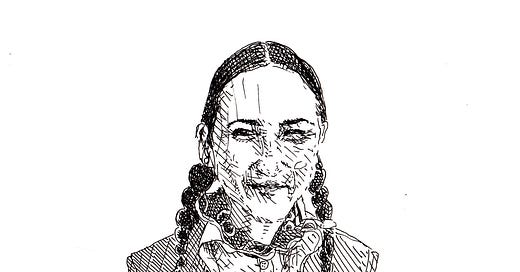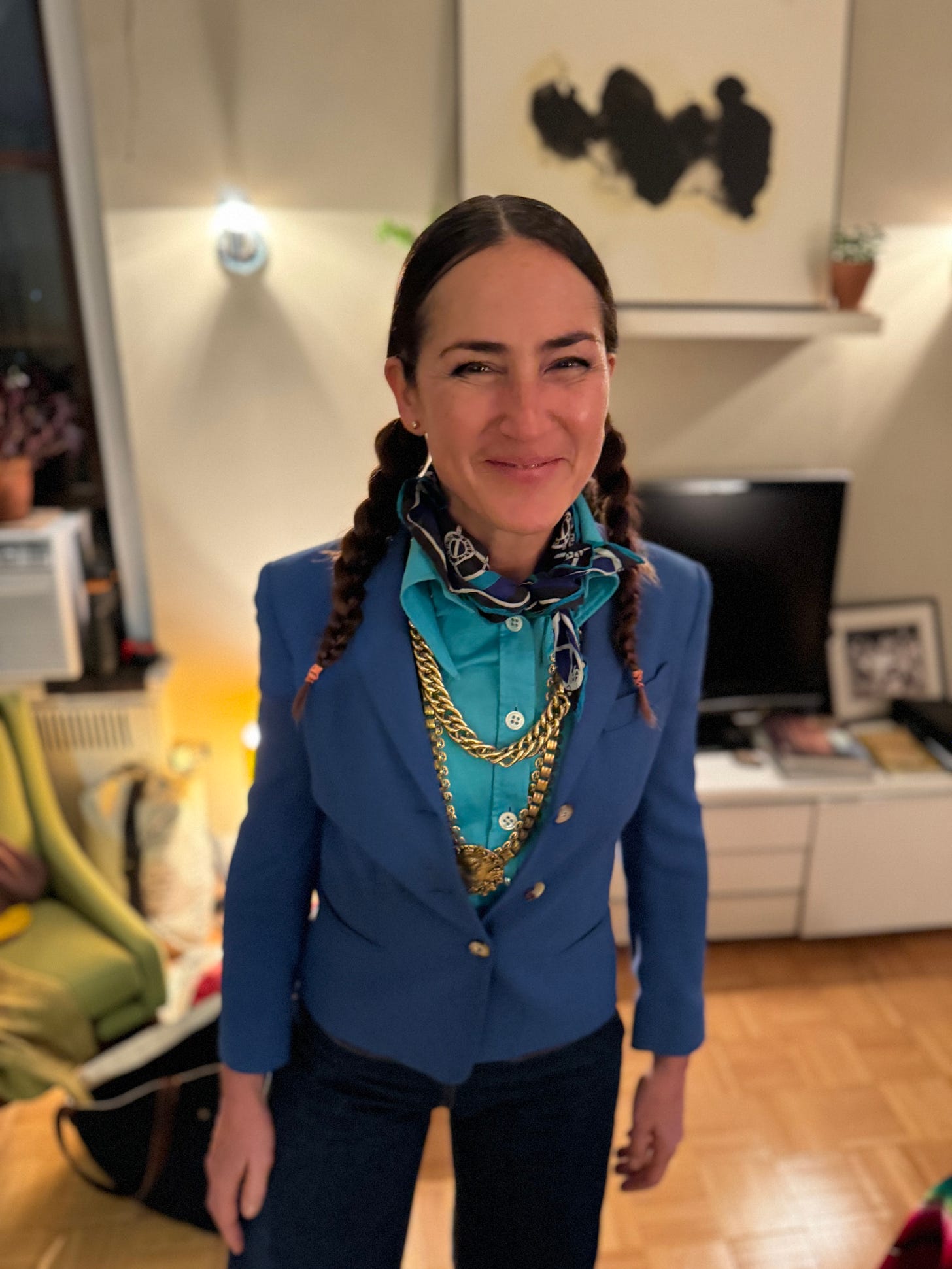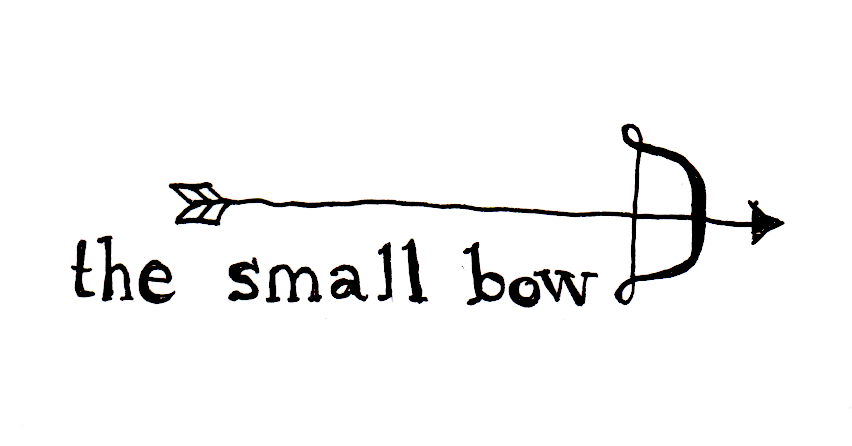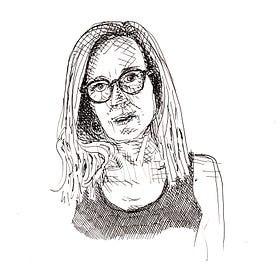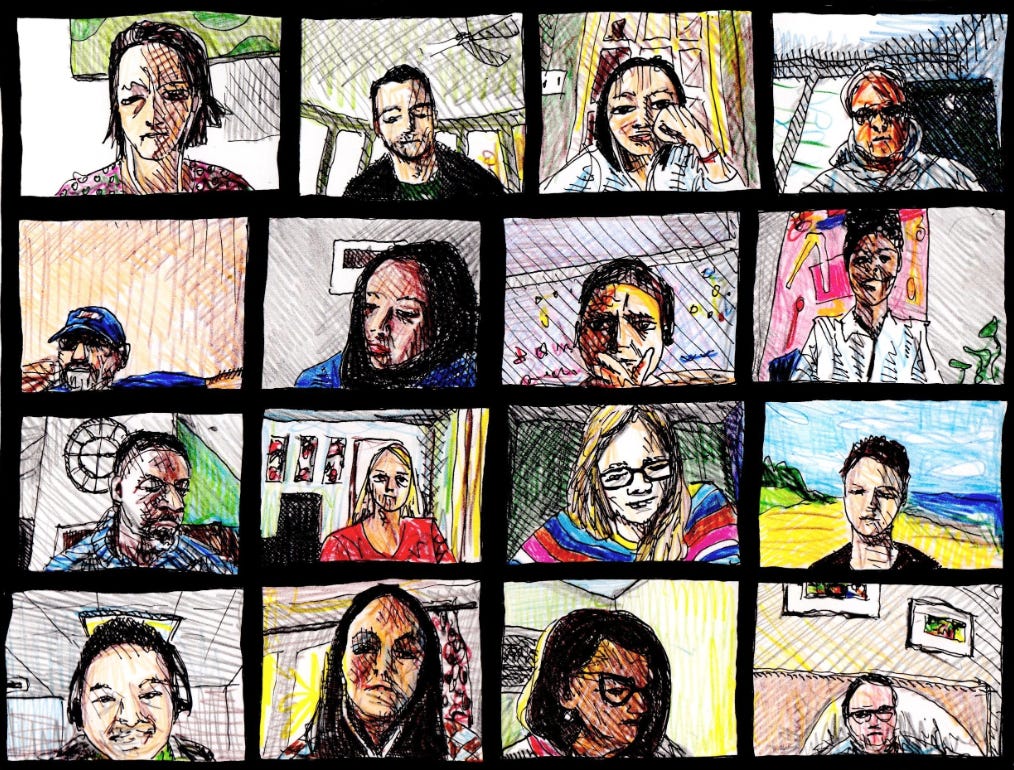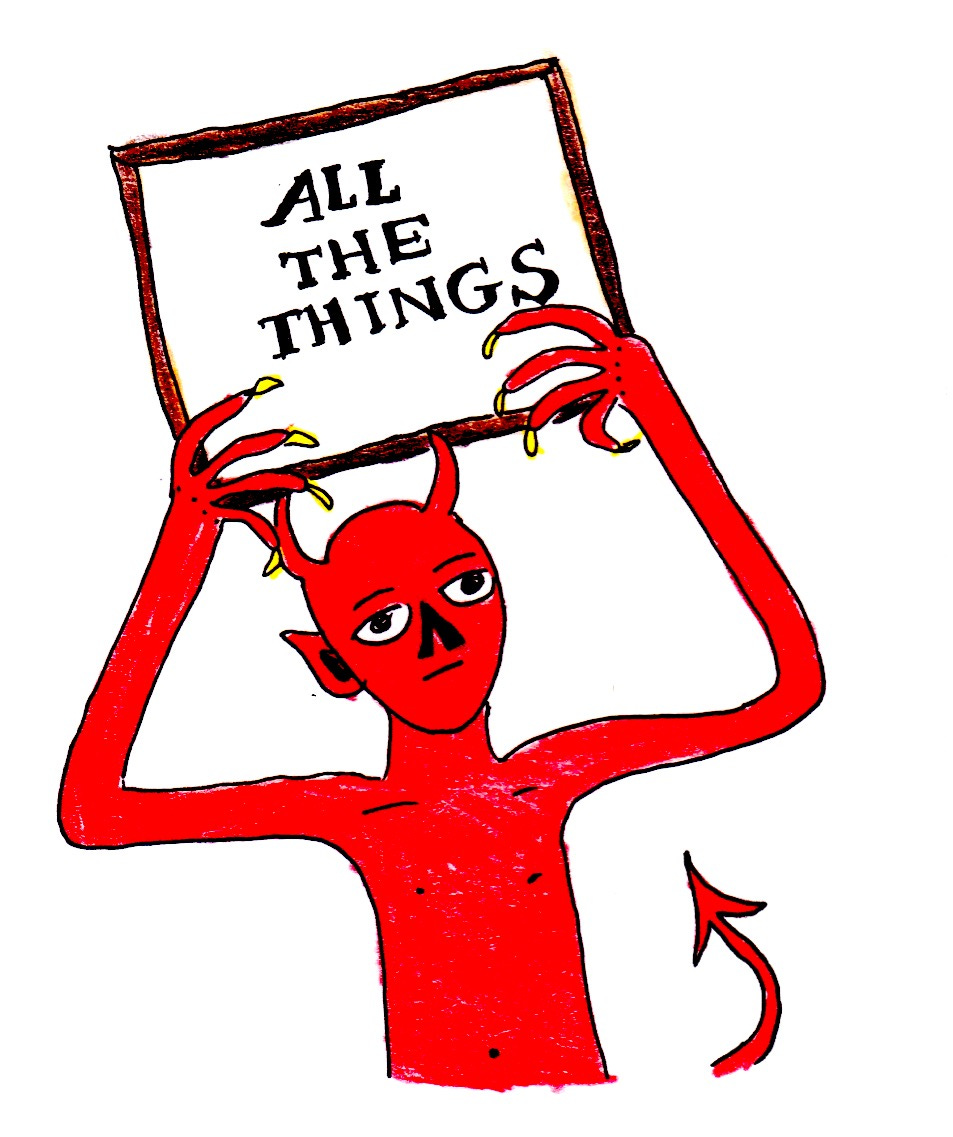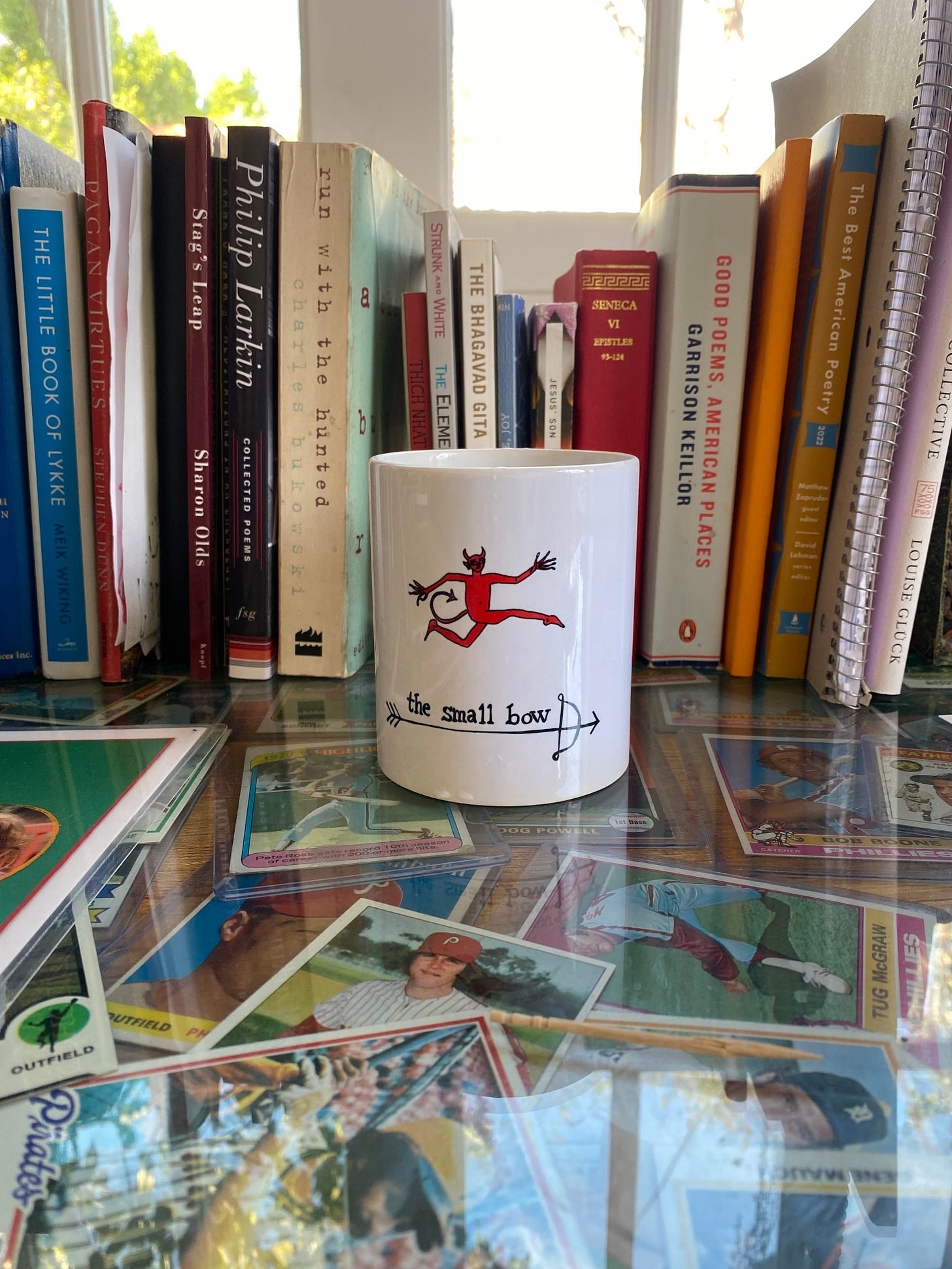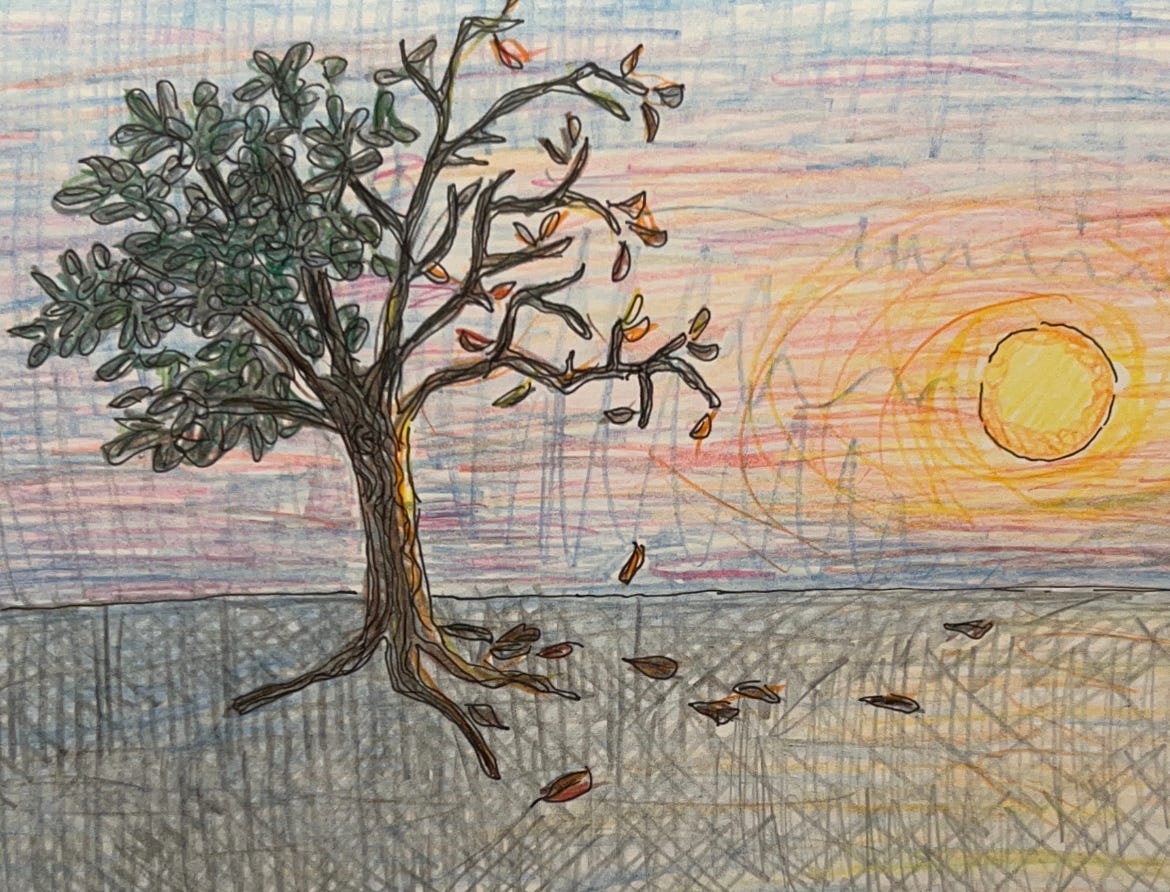We Are Everywhere and We Are Thriving
“I began to notice the parts of life I always rushed through.”
Today's newsletter is sponsored by Best Day Brewing, a non-alcoholic beer born in Northern California and crafted for doers everywhere. Because life is full of moments that deserve a great beer, but not the booze. Have a Best Day throughout Dry January — and beyond. Scroll to the end to learn more about Best Day's Dry January contest, the Best You Yet Adventure.
Today we’re rerunning our interview with Joan As Police Woman — a collaboration (as all our Sober Oldster posts are) with Sari Botton’s Oldster Magazine. Joan’s interview is — does anyone else need this right now? — hopeful; joyful even. A risk, perhaps, of interviewing people who’ve completely changed their lives, and for the better: they’re liable to make you believe such a thing might be possible. One of the best things about being in recovery, Joan says, is “finding the relief in asking for help.” Something to keep in mind this week, this winter, this lifetime.
Joan is on this week’s episode of The Small Bow Podcast, where she shares, among other things, her creative process and grief.
If the cost of a subscription is prohibitive, or if you wish to send TSB to someone you love, contact us. We’ll happily pass along a free annual subscription to those who need it most.
We can offer free subscriptions as long as we continue to grow. Grab a paid subscription today if you’d like to be a part of that growth — spiritually and otherwise. —TSB Editor
Interview with a 53-Year-Old Sober Person: Joan As Police Woman
Originally published February 20, 2024
How old are you and how long have you been in recovery?
I am 53. I have been sober 19 years.
How did you get there?
In 1990 I began touring with bands. I was 20. Playing music is a profession where it’s easy to be wasted most of the time. It was expected. I was good at it. The ’90s was big on being wasted. I had tried the drugs but mostly stuck with whiskey and weed. In my mid-20s, I lost my fiancé in a terrible accident. The pain that followed was far beyond anything I could handle. I searched out stronger drugs to dull the pain.
Six years of heroin led to recurring dreams of my mother at my funeral. I quit the heavy drugs; returned for a time to wine and weed. Less than a year later, I woke one morning after driving drunk the night before and realized for the first time I could not be responsible. I never drank or used drugs again. Why it happened that morning and not any other I cannot tell you.
In the last years of being out there, I found myself becoming friends and collaborators with people in recovery. I was taken by how they seemed to glide through life, laughing at hardships and treating themselves and others with gentleness. While I didn't consciously realize it, their recovery made a big impact on me. When I hit my first meeting at 23 days it turned out I already knew a lot of people in the rooms.
What are the best things about being in recovery?
Hard to get that into a concise answer, but basically everything. At first it was no hangovers, fewer terrible choices and reintroduction to the part of the day called “morning.” Soon after it was actually enjoying accountability, new friends in recovery, many of whom are still in my inner circle, gratitude for escaping my previous life, and more laughing — at myself and at everything. Later it was reaching other levels of self-forgiveness, knowing I can trust myself, making fewer rash decisions, and finding the relief in asking for help. I began to notice the parts of life I always rushed through.
I am always searching for better ways to live in the tenets of the serenity prayer; acceptance of what’s out of my control, courage to change, and knowing the difference.
One of the very best parts of recovery is going to a meeting anywhere in the world and feeling at home. We are everywhere and we are thriving.
What's hard about being in recovery?
My immediate answer might be “no quick escape,” but that’s not really true. If I want to check out I can distract myself in so many ways — exercise, hitting the Russian baths, eating ice cream, or buying my 25th pair of ’70s leather pants. The other completely harmless way to get out of my own way is reaching out to someone who’s having a hard time. I am so grateful for the kindness that has been gifted to me over and over.
I have been told I used to be “bulletproof” which, of course, was an act. In order to transition out of this role, I had to become aware of the cruelty of my inner voice. Rather than pouring whiskey on it, I turn towards it and negotiate. That voice is a traitor, a zombie, a vampire. That voice is persuasive, manipulative, and sneaky. I have cautiously made friends with these creatures and their attributes. It’s up and down but over time we are learning to get along.
How has your character changed? What's better about you?
I am better at admitting my wrongdoings. I am better at acknowledging my fears. I am better at being gentle. I am better at noticing when I’m being a dick and rather than doubling down, actually letting up.
I have been told I used to be “bulletproof” which, of course, was an act. In order to transition out of this role, I had to become aware of the cruelty of my inner voice. Rather than pouring whiskey on it, I turn towards it and negotiate. That voice is a traitor, a zombie, a vampire. That voice is persuasive, manipulative, and sneaky. I have cautiously made friends with these creatures and their attributes. It’s up and down but over time we are learning to get along.
What do you still need to work on? Can you still be a monster?
I continue to learn (and fail) to put more milliseconds between an external event and my reaction to it. I’m better than I used to be but still regularly embarrass myself. I will be working on this for the rest of my life. I am impatient. This bores the hell out of me. I have learned that impatience does nothing but lessen the quality of my life, but I can still lean into it. Working on it. I assume few people actually love confrontation but I could certainly benefit from a quicker draw. More time spent thinking (and stressing and/or obsessing) about anything, and not simply talking directly about it, is ultimately time and energy wasted.
What’s the best recovery memoir you’ve ever read? Tell us what you liked about it.
The best recovery memoirs are the stories I hear and see directly. There is nothing more beautiful than witnessing firsthand the before and after; watching someone TURN THAT SHIT AROUND because they wanted it bad enough. GOLDEN.
What are some memorable sober moments?
At the tail end of my time using, I began writing and recording the songs which would end up on my first full-length album; the record that would start my career. I got sober in Oct ’04. At that point, I had the record 85% completed. A couple of months later I got a call from the producer while on tour: “Joan, I have some bad news. The hard drive which contained all your recorded parts (vocals, guitar, keys, strings) crashed. None of the data is recoverable. It was not backed up, like it should have been.”
I remember staring into space, two months sober, shocked by most everything but especially this. After a long pause I heard myself say, “That’s alright, I’ll record it better the second time.” I did. If I had released the album I had recorded while still using, I’d not be where I am today. However I interpret it, god/ Higher Power/ the powers that be/ luck/circumstance/etc. — I got a second chance, just like I did in life. When I arrived home, I hugged the engineer who hadn’t backed the hard drive up. We’re still very good friends.
I go to meetings and keep in close contact with a large circle of sober friends. I tour with sober people. I laugh a lot and attempt to get everyone around me laughing. Laughing is key to a good life. I am done with being cool. It’s not all that.
Are you in therapy? On meds? Tell us about that.
Yes, therapy. First talk therapy and now internal family systems/parts therapy.
I was sober eight years before my therapist finally said, “You have clinical depression.” I had this idea that I must not be trying hard enough if I was still plummeting into desperate sadness.
I got on meds. Now I just feel like me and not like I’m getting crushed under the weight of a blue whale. There are sometimes grumblings in recovery about meds being yet another drug and in some way cheating. I strongly disagree. Meds have allowed me and so many others in recovery to find a life worth living.
What sort of activities or groups do you participate in to help your recovery? (i.e. swimming 12-step meditation, etc.)
I got into hot yoga, which is truly an extreme sport, slightly before I got sober. It was part of why I quit using. I couldn’t pull off ANY of the things the other people in the class were doing. I was also in the back row, unable to stop laughing, like a bratty kid in school. I had no self-control. It was a real eye-opener for me. Because I was so horrified (competitive) I thought I’d get sober so I could get better at this thing I sucked at. Twenty years later, I still do hot yoga. It’s an integral part of my recovery.
I go to meetings and keep in close contact with a large circle of sober friends. I tour with sober people. I laugh a lot and attempt to get everyone around me laughing. Laughing is key to a good life. I am done with being cool. It’s not all that.
Joan Wasser is a songwriter, music producer, and live performer who works under the name “Joan As Police Woman.” She has released ten albums and regularly tours the world with her music. She talks to most dogs on the street in her hometown of Brooklyn, assuming they will respond in English one day.
******
This monthly interview series is a collaboration between Oldster Magazine and The Small Bow.
ALL ILLUSTRATIONS BY EDITH ZIMMERMAN
MORE IN THIS SERIES:
*****
ZOOM MEETING SCHEDULE
Monday: 5:30 p.m. PT/8:30 ET
Wednesday: 10 a.m. PT/1 p.m. ET
Thursday: 10 a.m. PT/1 p.m. ET (Women and non-binary meeting.)
Friday: 10 a.m. PT/1 p.m. ET and 4 p.m. PT/7 p.m. ET
Saturday: Mental Health Focus (Peer support for bipolar/anxiety/depression) 9:30 a.m. PT/12:30 p.m. ET
Sunday: (Mental Health and Sobriety Support Group.) 1:00 p.m PT/4 p.m. ET
*****
If you don’t feel comfortable calling yourself an “alcoholic,” that’s fine. If you have issues with sex, food, drugs, codependency, love, loneliness, and/or depression, come on in. Newcomers are especially welcome.
FORMAT: CROSSTALK, TOPIC MEETING
We’re there for an hour, sometimes more. We’d love to have you.
Meeting ID: 874 2568 6609
PASSWORD TO ZOOM: nickfoles
Need more info?: ajd@thesmallbow.com
This is The Small Bow newsletter. It is mainly written and edited by A.J. Daulerio. And Edith Zimmerman always illustrates it. We send it out every Tuesday and Friday.
You can also get a Sunday issue for $9 monthly or $60 annually. The Sunday issue is a recovery bonanza full of gratitude lists, a study guide to my daily recovery routines, a poem I like, the TSB Spotify playlist, and more exclusive essays. You also get commenting privileges!
Other ways you can help:
BUY A COFFEE MUG FOR YOUR BOOKS
TSB merch is a good thing. [STORE]
or you can
or you can give a
that goes toward the production of the podcast.
Everything helps.
A POEM ON THE WAY OUT:
Another on Love.
by Robert Herrick
*********
Love’s of itself too sweet; the best of all
Is, when love's honey has a dash of gall.
In honor of Dry January, Best Day is giving away a Best You Yet Adventure in Jackson Hole with Alpenhof Lodge, Rivian, The North Face, and Yeti (up to a $7,288 value) to one lucky winner and their guest for a 4-day trip between June 1, 2025 - June 30, 2025.


